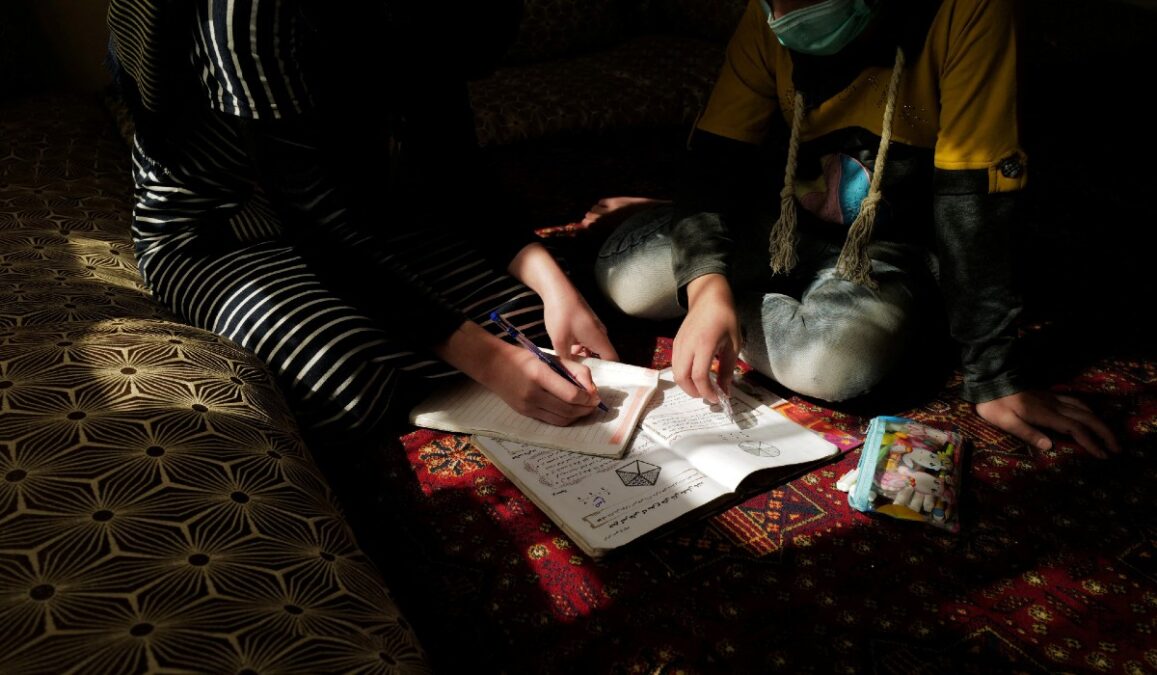At least 6,000 students who will graduate this year and last year’s graduates in three central provinces of Kapisa, Parwan and Panjshir have not applied for this year’s university exam that will take place in the next four to five months, according to documents seen by Amu.
The documents show at least a 60 percent reduction in the number of applicants for college entrance exam in the three provinces compared to a year before.
In Panjshir, out of 2,001 eligible students, including 808 girls, 299 of them, including 25 girls, have applied for the university entrance exam.
In its neighboring Parwan province, 2,559 students, including 619 girls, have applied for the exam out of 5,500 new high school graduates.
Meanwhile, in Kapisa, 1,839 students, including 502 girls, out of 4,200 eligible students have sent their applications for the university entrance exam to the ministry of higher education, according to the documents.
Sources said that two schools in Kapisa have been turned into Taliban outposts while the number is at least 35 in Panjshir where there is no application for this year’s university entrance exam in Shutul and Paryan districts.
Amu reporter spoke to many students from the three provinces to know why they made the decision.
The closure of secondary schools for girls, restrictions on university students, especially women, poverty, a major change in curriculums and migrations are among the main reasons those who decided not to apply for the exam mentioned.
Faisal, a high school graduate in Panjshir, said the appointment of low-qualified individuals in key government posts and the exodus of university lecturers have affected his interest to apply for the exam.
“No hope has left for me,” he said.
“Arbitrary arrests and tortures by the Taliban are the reasons for which I have decided to quit the exam because my father is a former military personnel and I cannot go to school and many of my classmates have already left the country,” said Shuja, a high school graduate in Kapisa.
A university lecturer said that Taliban restrictions on students, migrations, lack of hope among the people and a change in the curriculum have negatively impacted students’ interest in continuing their higher education.
“Society has changed into a prison for the people under the Taliban,” a lecturer from Alberoni University in Parwan, Farid Ahmad Munib, said.
This comes as secondary schools are closed for more than a year and the Taliban has not addressed its commitment to reopening the schools by announcing a new mechanism for it.





